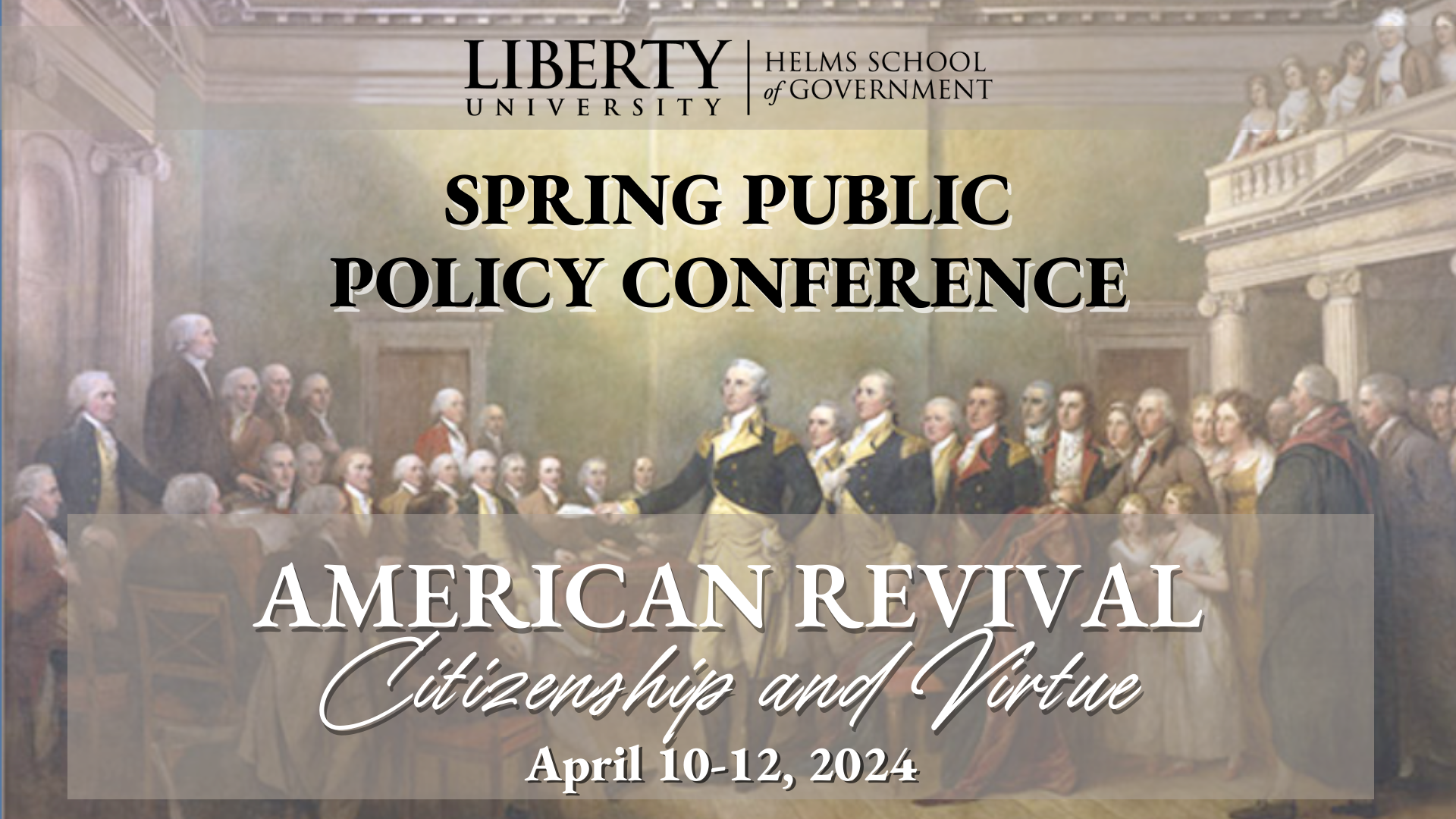Location
Military and Diplomacy
Level of Education
Doctoral
Keywords
GWOT, Great Power Competition, Naval Fleet Exercises, Disruptions, Influence, National Security Tools
Presenter Names and Speeches.
Anthony W Hughes, PhD
Abstract
The end of GWOT, coupled with Russian failures in Ukraine, has created an uncertain strategic environment—similar to the environment after WWI. The Great War aftermath created a power vacuum exploited by rising powers—likewise, the GWOT and Russian aftermath has created a new multi-polar environment with a new actors competing to revise the balance of power. The emerging era is a Great Power competition marked by competitions between powers across different venues to accrue status relative to their competitors. After WWI, 5 Disruptions emerged to reshape the balance of power between states. These disruptions were: diplomatic, technical, military, economic and social. Today, these disruptions are re-emerging to impact the coming era. After WWI, US leadership made decisions that shaped the next 100 years. The country took economic actions, pursued technology, and made key military decisions that prepared the country for the ‘American Century’. One key activity was a series of US Navy exercises (the ‘Fleet Exercises’) that systematically examined challenges, new technologies and new CONOPs. As we enter the new era, it would be prudent for the US to establish a high level, whole of government board that systematically reviews the strategic environment and US opportunities to influence the era. The board, with obvious foresight limitations, can examine strategies, recommendations and looming disruptions with the ability to proactively shape short term and long term events. The Huntington Civilizational Influence Strategies can provide assessments useful for direct and indirect applications of the tools of power and influence.
Included in
International Relations Commons, Leadership Studies Commons, Models and Methods Commons, Other International and Area Studies Commons
The 5 Disruptions
Military and Diplomacy
The end of GWOT, coupled with Russian failures in Ukraine, has created an uncertain strategic environment—similar to the environment after WWI. The Great War aftermath created a power vacuum exploited by rising powers—likewise, the GWOT and Russian aftermath has created a new multi-polar environment with a new actors competing to revise the balance of power. The emerging era is a Great Power competition marked by competitions between powers across different venues to accrue status relative to their competitors. After WWI, 5 Disruptions emerged to reshape the balance of power between states. These disruptions were: diplomatic, technical, military, economic and social. Today, these disruptions are re-emerging to impact the coming era. After WWI, US leadership made decisions that shaped the next 100 years. The country took economic actions, pursued technology, and made key military decisions that prepared the country for the ‘American Century’. One key activity was a series of US Navy exercises (the ‘Fleet Exercises’) that systematically examined challenges, new technologies and new CONOPs. As we enter the new era, it would be prudent for the US to establish a high level, whole of government board that systematically reviews the strategic environment and US opportunities to influence the era. The board, with obvious foresight limitations, can examine strategies, recommendations and looming disruptions with the ability to proactively shape short term and long term events. The Huntington Civilizational Influence Strategies can provide assessments useful for direct and indirect applications of the tools of power and influence.



